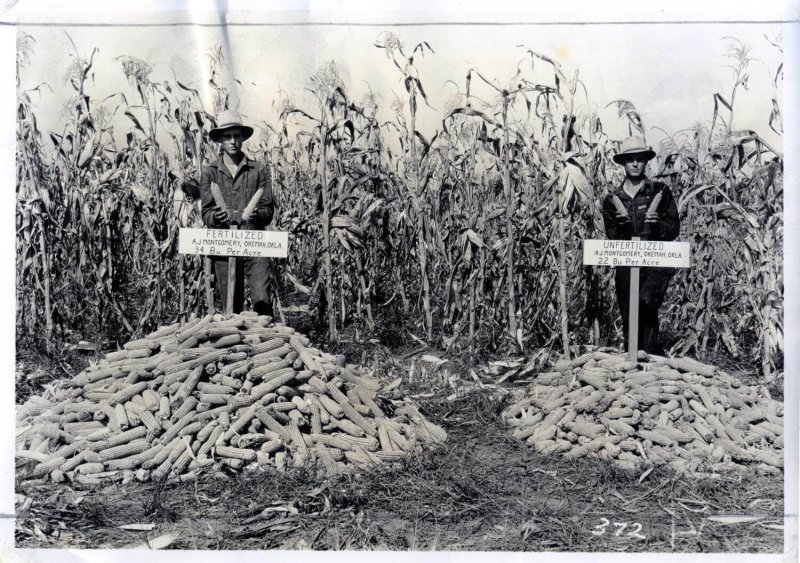Amid deepening concern over the damage agrochemicals cause to the environment and public health, organic farming is widely touted as a green and sustainable solution. The experiences of Sri Lanka and Switzerland show the reality is far more complicated.
[Sri Lankan] President Rajapaksa’s disastrous “go-organic” policy failed mainly because of poor implementation and the lack of an adequate transition period, even though it initially had the support of farmers — Verité Research’s survey showed almost two-thirds of the farmers polled said they supported the government’s vision for organic agriculture, but almost 80% of those in favour said such a shift would require more than one year.
…
In Switzerland, 15% of farmers have already gone organic and do not use chemical pesticides, according to the Federal Statistical Office. But the agriculture sector has pushed back against a more ambitious leap forward.
Last year, two controversial proposals — a “drinking water” initiative that involved scrapping subsidies to farmers who use pesticides, and an “anti-pesticide” initiative that sought an outright ban on synthetic pesticides — were put to a nationwide vote under the country’s unique direct democracy system. They were both rejected by 60% of those who voted, but had they succeeded, they would have made Switzerland an organic farming pioneer by becoming the first European country to ban products like synthetic weedkillers and fungicides.
…
That does not exclude the possibility that a country could go 100% organic. But it would require investment in areas beyond farming such as soil fertility, groundwater quality, biodiversity and pollinators. It would also require a commitment from consumers that goes beyond just paying a little extra for organic food.































